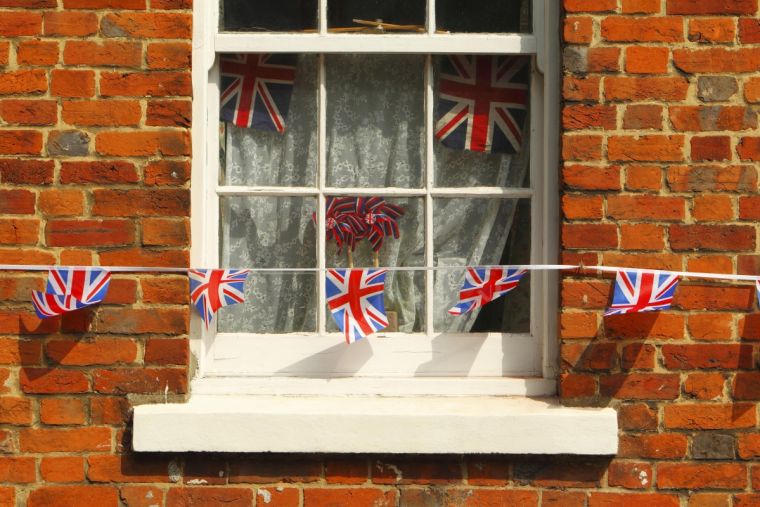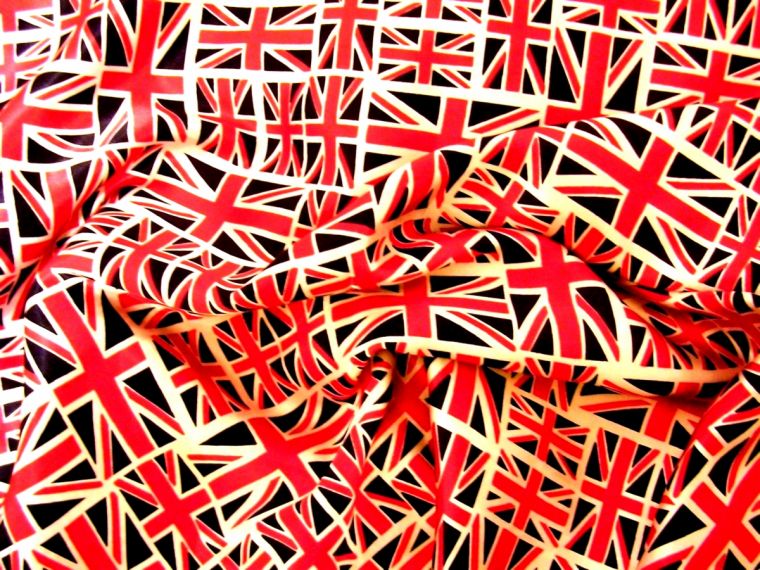Is God the missing link in British identity?

The BBC commissioned a survey recently for their Who Do You Think We Are? Project, which asked whether people in the United Kingdom felt more or less connected to others than a decade ago.
The results showed that 6 per cent of people felt more connected to their neighbourhood, 11 per cent of the respondents felt more connected to the global community, while 9 per cent had less relationship with their country.
Approximately half of the sample experienced no changing their personal relationships.
There were regional differences in the answers given. The sense of connection with others in the same country appeared to be in decline in every region and nation except in Scotland. It has been surmised that the upcoming referendum on independence may have contributed to 4 per cent of Scottish people stating that the connection to their nation has become stronger over the past 10 years.
By comparison, 22 per cent more people in the North East of England commented that their relationship with others in the nation had become weaker rather than stronger.
With regard to being closer to their neighbours, the West Midlands and South West are the most positive. In contrast, Wales and North West England were the regions that felt less connected locally.
There was the impact of the internet and global media which meant that people in the UK (with the exception of the Welsh) felt more connected with other countries in the world. More than one-third mentioned specifically a European Union country, whilst one-quarter selected a Commonwealth country.
Ben Page, the Chief Executive of Ipsos MORI, thought that the new technology could be key to the thinking of the respondents. He commented: "People are interested in the local, they can connect with people locally – the internet allows them to do that. Perhaps people living 100 or 200 miles away in your own country are a little less interesting."
In support, social anthropologist Kate Fox explained: "The human brain is wired to live in small close-knit tribal groups. The dynamics of those groups is what we are able to recreate with new technology. We're recreating tribal social dynamics with Facebook, Twitter and Mumsnet."

When it came to personal identity, most (44 per cent) indicated that they thought that interests and leisure activities were the most important. This was followed by values and outlook (38 per cent), and views and opinions (34 per cent). Religion (10 per cent) came in 11th position out of 17, after music, TV/radio/newspaper, and food.
Mark Easton, the Home Affairs Editor at the BBC, summed up the results: "What emerges from this survey is a much more complex picture of people's sense of identity than often debated. Nationality is not as central to our sense of self as sometimes suggested. Ask people 'Who do you think we are?" and the answer is as likely to be bird-watchers as Brits."
There is a pervading sense throughout the survey that people needed significance – a sense that they belong to a group of some description. Many people beneath the surface lack security in who they are, having decided to leave God out of their lives and so denying the eternal perspective to their lives (Ecclesiastes 3: 11).
The Christian knows who they are a "chosen people, a royal priesthood, a holy nation, a people belonging to God, that you may declare the praises of Him who called you out of darkness into His wonderful light". (1 Peter 2: 9 – 10)
The result should be that we, like Abraham, are looking "forward to the city without foundations, whose architect and builder is God". (Hebrews 11:10)
As much as we might feel connected with our neighbourhood, country or the global community, the important matter is that we must first be connected with God.











